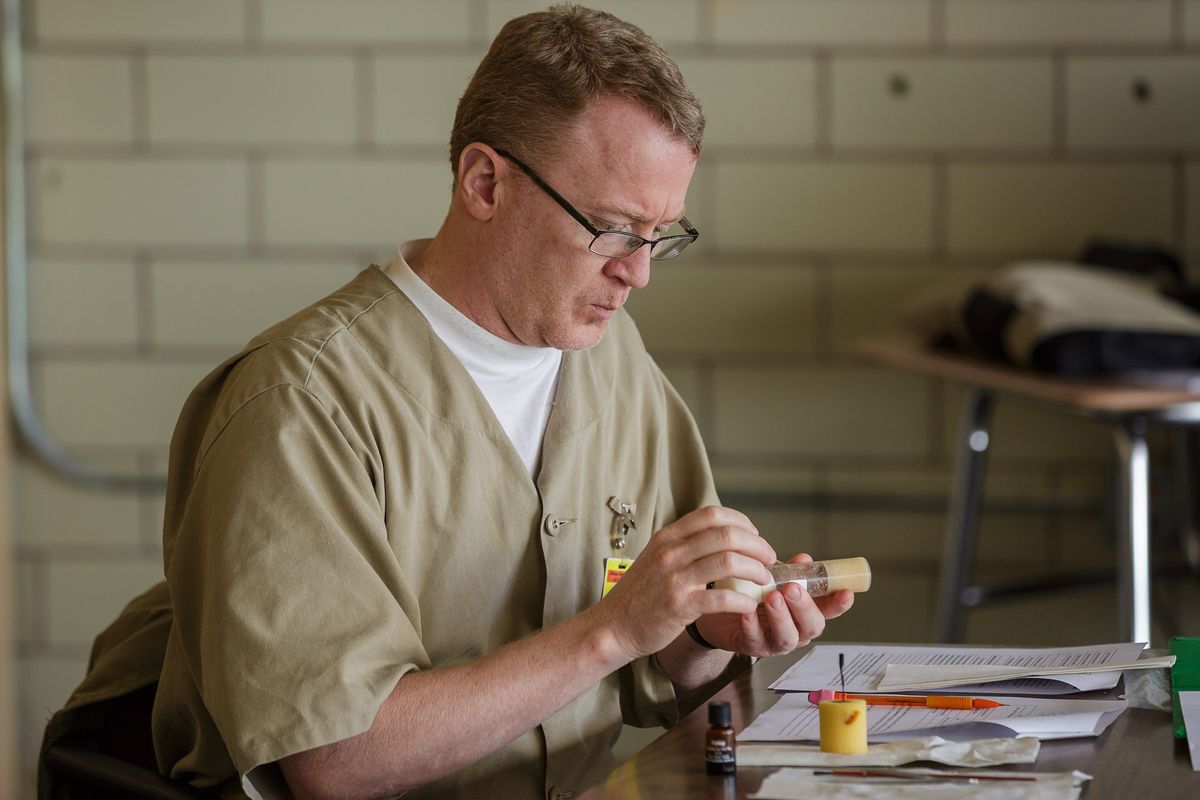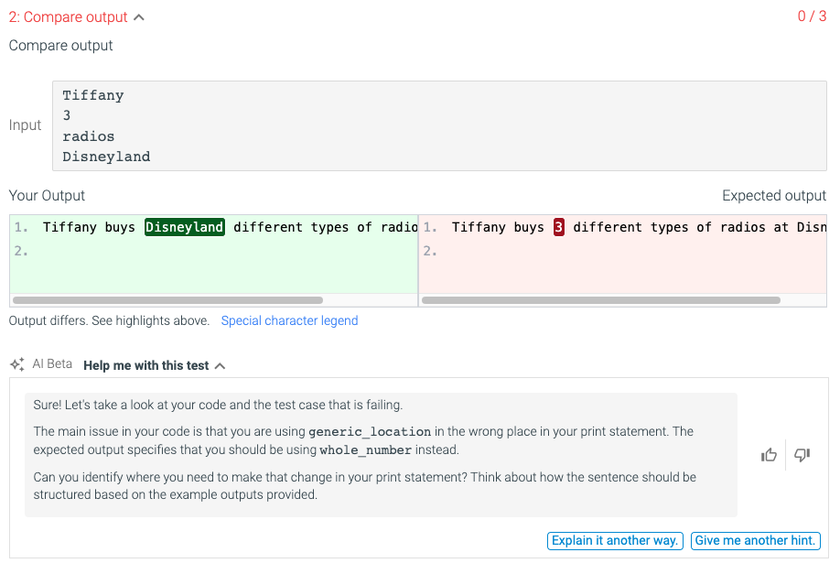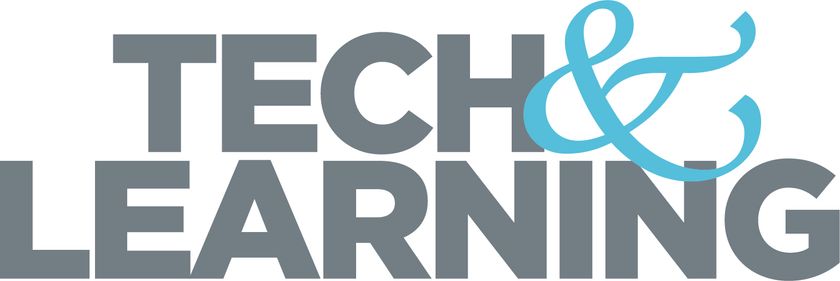Getting Your College Degree in Prison
The Second Chance Pell pilot program has permitted more than 28,000 students in prison to access Pell Grants in order to pursue higher education while imprisoned. The program will soon expand to all incarcerated individuals.

As part of Eric Graves’ application to Holy Cross College, he wrote an essay about how junk food was less expensive than healthy food. Graves poured his heart and soul into the essay, arguing that there should be subsidies to help fast food restaurants and other food producers provide healthier options at lower costs.
Graves was passionate about cooking and eating healthy, but that wasn’t the only thing motivating his essay. For Graves, college was not merely a chance to improve his future employment opportunities, it was a lifeline, a tangible path to a brighter future. In other words, for Graves, college was hope.
In 2009 Graves was sentenced to more than 10 years in prison for attempted murder. While at Pendleton Correctional Facility in Indiana, he received an associate's degree from Grace College. In 2015, he was transferred to Westville Correctional Facility, at which students could apply to take college courses through The Moreau College Initiative, a collaboration between Holy Cross College and the University of Notre Dame, in partnership with the Indiana Department of Correction.
Thanks to the skill with which he wrote his essay on the food industry, Graves was accepted into the program and obtained a bachelor of arts degree earlier this year. He was also released from prison this year and believes he has better job prospects with a degree in hand.
“It was a blessing to have the opportunity to go to school while I was incarcerated,” Graves says. “It gave me the chance to apply myself and do something positive while I was dealing with the unfortunate circumstances of being in prison.”
Graves attended college thanks to the Second Chance Pell pilot program, which was launched in 2015 by the U.S. Department of Education. The program has given more than 28,000 students in prison an opportunity to access Pell Grants in order to pursue higher education.
The FAFSA Simplification Act, signed into law on December 27, 2020, lifted the ban on federal Pell Grants for incarcerated students, who now will be eligible to apply for Pell Grants for the 2023-24 academic year. Taking college courses in prison not only helps incarcerated individuals but provides rewarding teaching opportunities for educators and has benefits to society as a whole, say supporters.
Tech & Learning Newsletter
Tools and ideas to transform education. Sign up below.

The Benefits of Educating People in Prison
Working toward his degree while incarcerated helped Graves stay productive, grounded, and out of trouble.
“The staff at the prisons tend to give the guys that are in these programs a little more respect because they know that they're doing something positive and trying to better themselves,” he says.
Ruth Delaney, Associate Initiative Director of Unlocking Potential at the Vera Institute of Justice, says these programs are good for the individuals who participate and society at large. “We’re seeing this groundswell of people coming out with these credentials, ready to make a change in their communities,” she says.
The research backs these anecdotal reports, Delaney says. According to Vera post-secondary education in prison:
- Makes corrections facilities safer for the people who live and work there
- Improves students’ sense of worth and skills
- Reduces the odds of recidivism
- Increases graduates’ employment and earning potential on release
- Ultimately advances racial equity in our communities while saving taxpayers money
Launching New Prison Programs
Education leaders who are looking to work with prison populations should explore what programs already exist and where there is a need. “Prisons are often located in very rural locations, and so there aren't always colleges that are located very close to the locations of the prisons,” Delaney says. “What I would recommend to anyone who wants to get started is to learn about their state context and to say, ‘Okay, well, you know, this prison is really close, but maybe there's already a college there.’ You don't want to be creating competition for students within a prison when there are many people in the system who have no opportunities.”
Stakeholders should also collaborate with corrections officials in their state and learn from existing programs in their areas. This can help to create a sustainable educational program that gives students time to earn degrees, says Alesha D. Seroczynski, associate dean and director of College Operations Moreau College Initiative.
“The worst thing that we could do for incarcerated men and women is offer something for a semester or two,” she says. “They see a lot of people come and go. And so it really is important when you get in this line of work that you're committed to the long haul.”
The Benefits for Educators
While teaching in a prison environment has its challenges, most educators find the experience inspiring, Seroczynski says. “Our faculty will say these are some of the best students they've encountered in their 34-year career,” she says. “It reignites, for all of us, our passionate support of an undergraduate liberal arts education.”
Graves said he saw similar reactions from the teachers he worked with and urged educators to give this type of teaching a try. “Every teacher and professor I met commented on how enjoyable it was to come in and teach us,” he says. “We're focused. We've had more life experience than most kids coming into college right out of high school. So we're more interactive with the teachers, and we bring much more variety of experiences.”
He adds that students in prison are hungry for knowledge and eager to learn. “We understand the value of education.”
Erik Ofgang is a Tech & Learning contributor. A journalist, author and educator, his work has appeared in The New York Times, the Washington Post, the Smithsonian, The Atlantic, and Associated Press. He currently teaches at Western Connecticut State University’s MFA program. While a staff writer at Connecticut Magazine he won a Society of Professional Journalism Award for his education reporting. He is interested in how humans learn and how technology can make that more effective.












